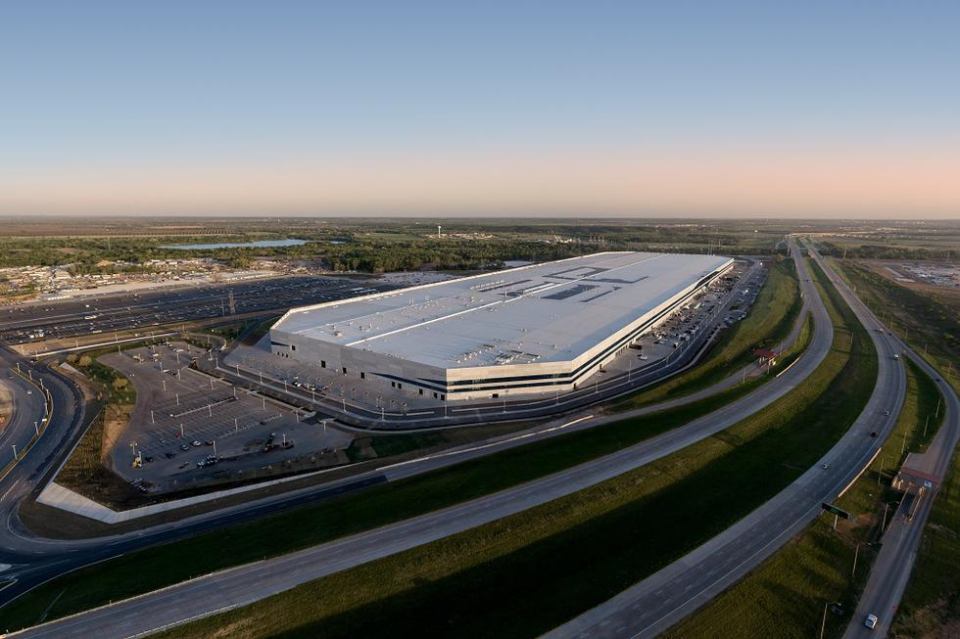Tesla Faces Rejection on Tax Breaks from Government
The electric vehicle giant Tesla has recently been denied tax breaks by the government, a move that has sparked a great deal of discussion and speculation among industry insiders and the general public alike. This development comes as a surprise to many given Tesla’s significant contributions to the automotive and clean energy sectors. The decision raises questions about the future trajectory of Tesla’s operations and its relationship with governmental regulatory bodies.
Government’s Rationale Behind the Decision
The government has cited several reasons for its refusal to grant tax breaks to Tesla. Primarily, the officials have expressed concerns over the company’s compliance with certain regulatory standards. Additionally, there have been issues related to the transparency of Tesla’s financial disclosures. The government insists that these factors played a pivotal role in their decision-making process.

Another significant factor is the apparent discrepancy between the projected job creation numbers and the actual figures reported by Tesla. The government had initially been optimistic about Tesla’s promises of generating numerous employment opportunities. However, the reality has fallen short of these expectations, leading to frustration and skepticism among policymakers.
Moreover, the government has emphasized the importance of fair competition within the industry. By denying tax breaks to Tesla, they aim to create a level playing field for other emerging companies in the electric vehicle sector. The officials believe that providing undue advantages to one player could stifle innovation and healthy competition, which are essential for the industry’s growth.
Impact on Tesla’s Operations
The denial of tax breaks is likely to have a considerable impact on Tesla’s operations. Without the financial incentives, the company may need to re-evaluate its investment strategies and operational plans. This could potentially slow down the pace of their expansion projects and innovation initiatives. As a result, Tesla might need to explore alternative funding options to sustain its aggressive growth targets.

Furthermore, the decision may also affect Tesla’s pricing strategy. With the added financial burden, the company might find it challenging to maintain its competitive pricing in the market. This could lead to an increase in the cost of their vehicles, potentially affecting sales and market share. The ripple effects of this decision are likely to be felt across the entire electric vehicle industry.
Additionally, Tesla’s expansion plans in various global markets might face delays. The lack of tax breaks could impact their ability to scale operations efficiently, particularly in regions where governmental support plays a crucial role in business viability. This could open up opportunities for competitors to gain a foothold in markets where Tesla had previously been dominant.
Public Reaction and Industry Speculation
The public reaction to the government’s decision has been mixed. While some applaud the government for holding Tesla accountable, others criticize the move as a setback for the clean energy movement. Industry experts have weighed in with varied opinions. Some believe this decision could prompt Tesla to enhance its compliance and transparency measures, ultimately benefiting the company in the long run.
On the other hand, there are concerns that this could set a precedent for other companies in the industry. If governments become more stringent with tax break approvals, it could discourage innovation and investment in the sector. The balance between regulation and incentivization is delicate, and this decision has highlighted the complexities involved.
Moreover, environmental advocates are worried that this decision could slow down the transition to renewable energy. Tesla has been a key player in promoting sustainable transportation, and any hindrance to its growth could have broader implications for the fight against climate change. The debate continues on whether the government’s decision aligns with its environmental goals.
Future Prospects and Strategic Adjustments
In response to the government’s decision, Tesla is expected to make several strategic adjustments. The company may focus on optimizing its existing resources and streamlining operations to mitigate the financial impact. Additionally, Tesla might explore partnerships and collaborations to bolster its market position and drive growth.
Another potential avenue for Tesla is to enhance its lobbying efforts. By engaging more actively with policymakers, the company could advocate for more favorable regulatory conditions and financial incentives. This would not only benefit Tesla but also support the broader goal of advancing clean energy solutions.

Moreover, Tesla might leverage its technological prowess to further differentiate itself from competitors. By continuing to innovate and push the boundaries of what’s possible in electric vehicles and renewable energy, Tesla can maintain its leadership position in the industry. The company’s ability to adapt and evolve in the face of challenges will be crucial to its continued success.
Additionally, Tesla could explore diversifying its product offerings. By expanding beyond electric vehicles into other areas of clean energy, such as solar energy solutions and energy storage systems, Tesla can create new revenue streams and reduce dependency on any single market segment. This diversification strategy could provide a buffer against financial uncertainties.
Key Takeaways
- The government has denied Tesla tax breaks due to regulatory compliance and transparency issues.
- This decision is expected to impact Tesla’s operational strategies and financial planning.
- Public and industry reactions are mixed, highlighting the complexities of balancing regulation and incentivization.
- Tesla may need to make strategic adjustments to mitigate the financial impact and maintain its market position.
- The decision could influence the competitive landscape of the electric vehicle industry, potentially benefiting other players.
- Environmental goals and the transition to renewable energy could be affected by the government’s stance.
In conclusion, the denial of tax breaks to Tesla by the government is a significant development with far-reaching implications. While it presents challenges for the company, it also offers an opportunity for Tesla to reassess and refine its strategies. The coming months will be crucial as Tesla navigates this new landscape, and the industry will be watching closely to see how the electric vehicle giant responds. Whether this decision will ultimately benefit or hinder the clean energy movement remains to be seen, but it is clear that Tesla’s response will shape the future of the automotive and renewable energy sectors.










